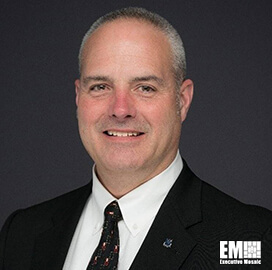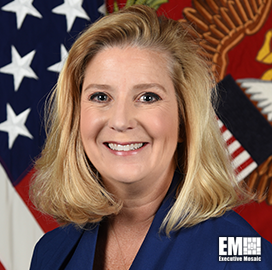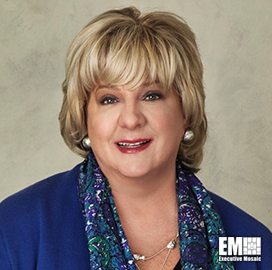Aerospace manufacturing specialist Charles Krugh has been named president of the bath iron works business at General Dynamics.
In his new role, which marks a return to the GD family, Krugh is expected to oversee and strengthen General Dynamics Bath Iron Works’ high-volume delivery of ship vessels and parts to its U.S. Navy customers, the Bath, Maine-based subsidiary said Thursday.
“Chuck’s leadership, proven track record in manufacturing and expertise in managing complex supply chains will be an enabler to Bath Iron Works,” commented Robert Smith, executive vice president of General Dynamics’ marine systems division.
The executive began his career as a serviceman in the U.S. Army. Subsequently, he worked as director of quality assurance for Corporate Jets Inc. and for just shy of a decade as vice president of production at Dassault Falcon Jet, where Krugh utilized 3D engineering data for part construction and sub-assembly processes. In this position, he also encouraged his production team to actively involve themselves in engineering digital mock-up procedures.
Krugh then increased revenue streams at aerospace manufacturing company BOMBARDIER before beginning his first stint at General Dynamics in 2011, this time at the subsidiary Jet Aviation St. Louis. As senior vice president and general manager, he cut down on spending by $20 million over the course of his six years with the organization and bolstered safety policies via a safety transformation plan that reportedly mitigated OSHA events by 71 percent.
In 2018, Krugh transitioned to a position as vice president for supplier operational support at Gulfstream Aerospace, where he effectively revamped a bankrupt program and galvanized its production activities through a newly instated team that he led personally.
Krugh’s specialties lie in business process improvement, profit and loss management and strategic planning. He will combine his over three decades of industry expertise and financial knowledge for his new role at Bath Iron Works.
The new president’s appointment follows Smith’s April statement as the division’s interim president. Smith was temporarily installed after Dirk Lesko, the company’s president of over five years, retired from a 30-year career with General Dynamics.








